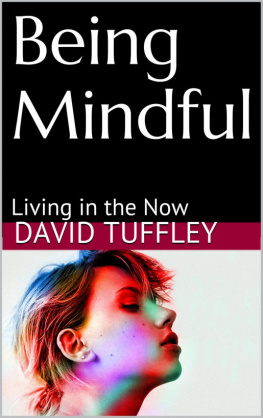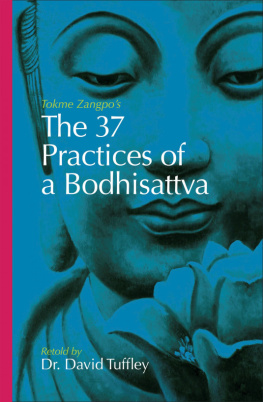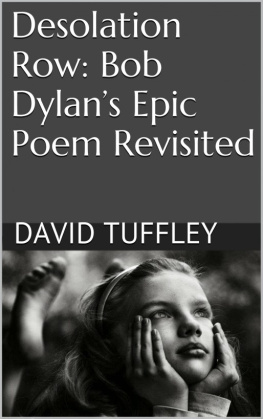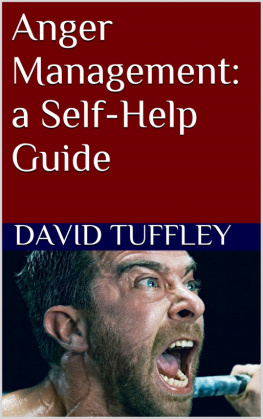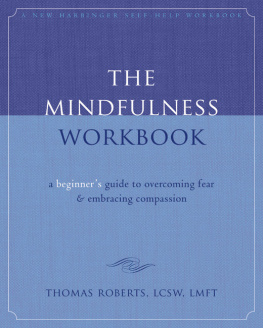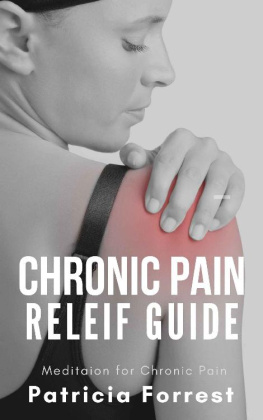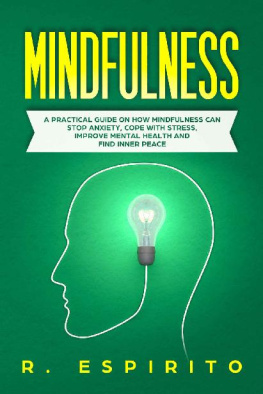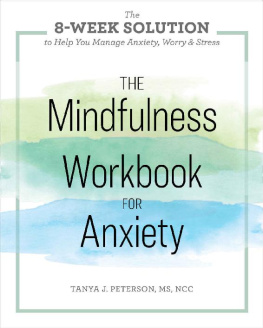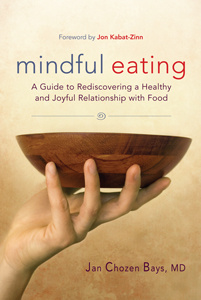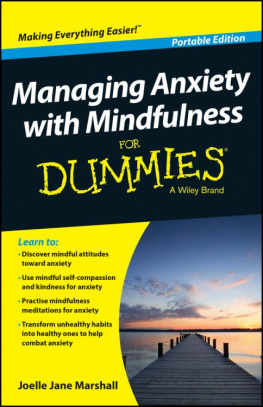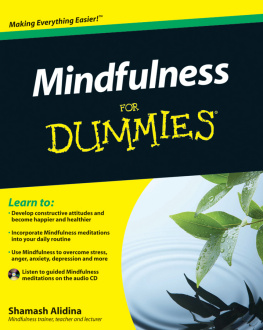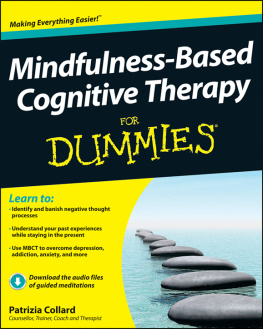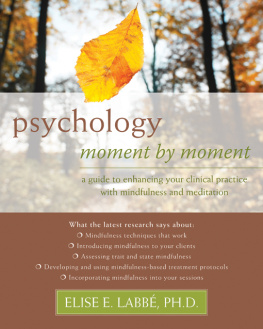Being Mindful
Living in the Now
DavidTuffley
Walk as if you are kissing the Earth with your feet ThchNh tH nh

Published in 2014 by AltioraPublications atSmashwords
This eBook is licensed foryour personal enjoyment only. This eBook may not be re-sold orgiven away to other people. If you would like to share this bookwith another person, please purchase an additional copy for eachrecipient. If youre reading this book and did not purchase it, orit was not purchased for your use only, then please return toSmashwords.com and purchase your own copy. Thank you for respectingthe work of this author.
About the Author
David Tuffley PhD is an academic at GriffithUniversity in Australia where he lectures in Applied Ethics andSocio-Technical Studies. David is passionate about helping peopleto grow into their full potential.
Become friends with David Tuffley onFacebook
Visit David Tuffleys author page atSmashwords
CONTENTS
If you canobserve your thoughts, who exactly is doing the observing? It isnot the I that has a name and a life history -- your egoic self.This simple question is at the centre of the great religions andspiritual traditions in the world. Mindfulness in the Buddhisttradition is one source of answers.
Beyond thespiritual benefits, there are numerous health benefits for themindfulness practitioner. At the physical level, mindfulness hasbeen proven by recent research to help reduce stress, lower bloodpressure, treat heart disease, reduce chronic pain, help you sleepsoundly, alleviate gastro-intestinal problems to name a few.
At the mentallevel, psychotherapists are using mindfulness as an effectivetherapy. It is showing good results in helping with depression,substance abuse, eating disorders, relationship conflicts, anxietydisorders, and obsessive-compulsive disorder.
The techniquesoutlined in this concise, plain-language eBook are easy tounderstand. You have nothing lose and everything to gain bylearning this ancient healing technique to help you towards ahappier, healthier life.
It issurprising how many folks in the world around you are operating ata largely unconscious level, which is to say they are driven byhabit and instinct; displaying the same stimulus-response behaviortime after time.
I am notsuggesting that people are unconscious in the sense of beingasleep. If they are driving cars and walking about, they haveenough awareness to avoid accidents -- most of the time. They areunconscious in the sense that they allow their social conditioningand innate drives to determine how they live and act. Whensomething happens, they react in their usual way without muchawareness of what they are doing. This explains why people make thesame mistakes over and over.
In thishabit-driven state, a person is unlikely to be aware of the web ofcause and effect in the world around them. They are unaware of howtheir actions in the past have created their present circumstances,so they have little sense of control over their lives.
Mindfulnesschanges all of that, allowing you to consciously choose youractions, moment by moment, in order to create the future you want.It confers on you that uniquely human privilege of free will; theability to transcend the primitive instincts that still reside notvery far below the surface of your otherwise civilized life.
Mindfulnessopens the door to higher consciousness. For the traveller on thespiritual path or simply someone who want a higher quality life,this eBook can help.
Does thisstatement unsettle you? That the real you is not your mind is aspiritual truth expressed in many religions and traditions, inslightly differing terms. Your mind and the thoughts that runthrough it may seem to be everything, but it is not the totality ofwho you are -- far from it. There is a much greater reality beyondyour mind that is waiting to be recognized.
So, if you arenot your mind, then who are you? Your consciousness has evolved asa survival mechanism. All living creatures have some degree ofawareness of their surroundings, sufficient for their survival. Wehumans have a very highly developed mind, but it is still basicallya survival mechanism that is dedicated to strategizing ways to stayalive!
The human mindis a product of millions of years of evolution. We could writevolumes about how it all came about, but for the purposes ofunderstanding mindfulness, let us just say that while we think ofourselves as an entity that exists in the world, with a name, atitle, and a place in society, all of that is really no more than astream of thoughts passing through.
Mindfulnessshows us, make us aware that thoughts are transient phenomena thatcome into your awareness, stay for a while, and then go, making wayfor the next thought and the next. They appear to be real, but infact they are about as real as smoke blowing in the wind or a movieprojected onto a screen.
Mindfulnesshelps you to understand that there is much more to you than thepassing parade of thoughts running through your mind.
Life unfoldsmoment by moment. This moment now, right now, is the only time thatanything can actually happen. Awareness of this simple truth givesyou conscious control over how you think and feel.
In the spacebetween what happens to you and how you react, lies the power tochoose. Mindfulness empowers us to make conscious choices. We havethe power to not react badly to a bad situation, and we can chooseto react positively. This ability to consciously over-ride ourconditioning and instincts is what distinguishes us humans from allother sentient beings on this planet.
The phraseevery moment is the best moment is the essence of mindfulness. Whenyou are so fully engrossed in the moment that you have no thoughtfor anything else, then by default each moment is the best momentbecause it is the only moment.
You feel soalive being in the moment that you do not wish to be anywhere else,with anyone else, doing anything else. The now moment feels so goodbecause it is so real. The past and future are mental constructs.Now, this moment is the only time you can experience life to thefullest.
As anexperiment, try to observe the activity of your mind for a fullhour. Without interference or judgment, simply observe the train ofthought running through your consciousness as you go about yourlife. Try to notice how much time you spend thinking about the pastand the future. Chances are it will be half the time or more.
The kind ofpresent moment focus you are aiming for is illustrated by thisexample; imagine you are walking along a city street. Withoutwarning, someone appears. They are running very fast and comingstraight towards you. Is he a thief on the run? Is he going to hurtyou? How present-focussed are you now? In this case, it is aboutself-preservation, but for mindfulness it is this same degree ofintense present-moment awareness that needs to be cultivated andmaintained all of the time, not just when danger looms.
I use thisexample because it is an actual experience from my own life. Onefine morning in June, I was walking with an every moment is thebest moment mind-set along a crowded sidewalk on Market Street inSan Francisco. Suddenly, a young man came into view; he wasbarrelling towards me, running as fast as he could go, weavingaround the people on the sidewalk. In that moment, I realised hewas on a collision course with me. I had about two seconds. Had Inot been fully in the moment already, I would have been toosurprised to react in time. As it was, I had just enough time toturn my shoulder towards him and brace for impact. The collisionwas solid; it reminded me of when I played foot-ball at school. Butthrough mindfulness, this otherwise unpleasant incident had a goodending. Not only was there no harm done to anyone, as he ran on,still at full speed, he looked back at me for a moment, smiled andyelled sorry! Just a young man in hurry.
Next page
